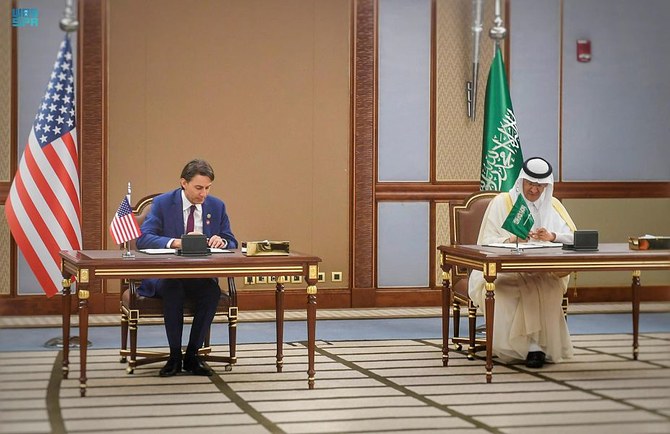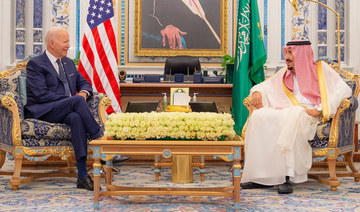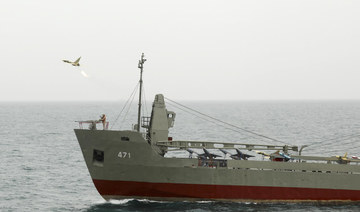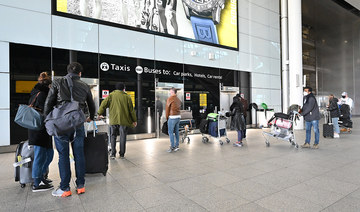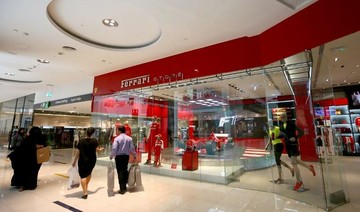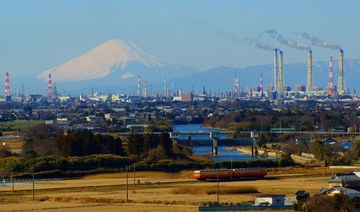JEDDAH: The Saudi ministers of energy, investment, communications and health have concluded 18 agreements with their US counterparts.
The agreements unlock new avenues for joint cooperation in investment, energy, information and communications technology, space and health.
They align with the Saudi Vision 2030 reform plan, which seeks investment opportunities in promising sectors.
Thirteen of the agreements, signed during US President Joe Biden’s visit to the Kingdom, were made with the Ministry of Investment, the Royal Commission for Jubail and Yanbu, and numerous private sector companies.
They include a group of leading American companies such as Boeing Aerospace, Raytheon Defense Industries, Medtronic and Digital Diagnostics, IKVIA in the healthcare sector, and many other US companies in the energy, tourism, education, manufacturing and textiles sectors.
The Saudi Space Authority signed the Artemis Accords with NASA, allowing for joint exploration of the Moon and Mars.
The Ministry of Communications and Information Technology signed a memorandum of cooperation with IBM to upskill 100,000 young women and men over five years within eight initiatives that can position the Kingdom as a hub for technology and innovation in the Middle East and North Africa.
The ministry also signed a memorandum of cooperation with the US National Communications and Information Administration, which includes cooperation between the two countries on 5G and 6G technologies.
The agreement targets accelerating the growth of the digital economy and enhancing the pace of research, development and innovation in the Kingdom’s digital ecosystem.
The Saudi and US energy ministries signed a partnership agreement on clean energy that includes defining areas and projects of cooperation in this sector, alongside cooperation on civil nuclear energy and uranium, while reinforcing the efforts of the two countries in promoting clean energy and climate action.
The ministries of health signed a memorandum of cooperation on public health, medical sciences and research.
The memorandum aims to support and bolster existing relations in public health among individuals, organizations and institutions.
It seeks to consolidate joint efforts in addressing public health issues and medical, scientific and research challenges, as well as the exchange of information, expertise and academics.
The memorandum also seeks to organize joint training for workers in the health and medical fields, while addressing the proper application of health information systems, research and development and health innovation.



